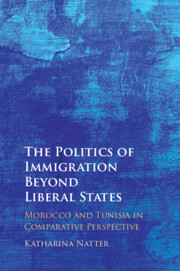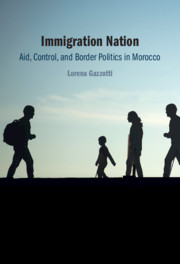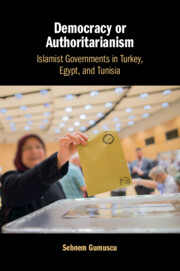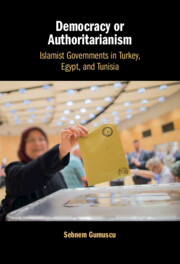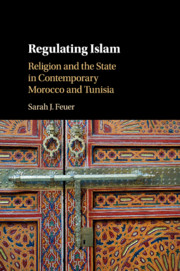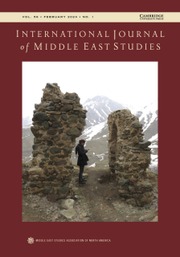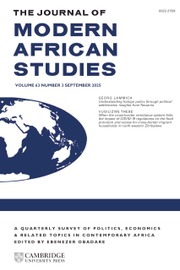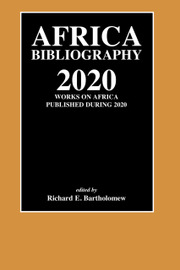The Politics of Immigration Beyond Liberal States
Immigration presents a fundamental challenge to the nation-state and is a key political priority for governments worldwide. However, knowledge of the politics of immigration remains largely limited to liberal states of the Global North. In this book, Katharina Natter draws on extensive fieldwork and archival research to compare immigration policymaking in authoritarian Morocco and democratizing Tunisia. Through this analysis, Natter advances theory-building on immigration beyond the liberal state and demonstrates how immigration politics – or how a state deals with 'the other' – can provide valuable insights into the inner workings of political regimes. Connecting scholarship from comparative politics, international relations and sociology across the Global North and Global South, Natter's highly original study challenges long-held assumptions and reveals the fascinating interplay between immigration, political regimes, and modern statehood around the world.
- Provides novel insights into the complex interplay between immigration and modern statehood across the Global North and Global South
- Challenges widespread assumptions about immigration politics in democracies and autocracies to advance theory-building across political regimes
- Compares immigration policymaking in Morocco and Tunisia to offer an empirically rich study of the power dynamics between state, societal and international actors
Reviews & endorsements
‘This important book offers original insights into immigration politics in liberal and illiberal regimes. With in-depth analysis of immigration politics in Morocco and Tunisia, it joins a venerable tradition of scholarship that successfully uses immigration as a lens for understanding the functioning of modern states.' Christina Boswell, University of Edinburgh
'This is the most comprehensive and systematic attempt to map the relation between political systems and migration politics in North Africa that has been written to date. Combining nuance for the historical past and attention to a present in transition, Natter builds a convincing analysis that will be of immense interest to scholars of migration.' Lorena Gazzotti, University of Cambridge
‘In this highly original work, Natter examines the relationship between regime type, democratization, and shifts in migration and refugee policies. Her findings challenge conventional wisdom about migration governance in autocratic regimes while breaking down what she sees as the artificial dichotomy of the Global North and South.' James F. Hollifield, Southern Methodist University
‘Katharina Natter makes a crucial contribution to the nascent literature on immigration politics across the Global South. Natter's empirically-rich and analytically-astute comparison of Tunisian and Moroccan policymaking offers valuable insights into how migration, regime politics, and the modern state remain intricately tied together.' Gerasimos Tsourapas, University of Glasgow
Product details
September 2024Paperback
9781009262613
326 pages
228 × 151 × 17 mm
0.49kg
Available
Table of Contents
- 1. Introduction
- 2. Theories on the move
- 3. The contrasting cases of Morocco and Tunisia
- 4. Regime continuity and immigration policy change in Morocco
- 5. The illiberal paradox of autocratic policymaking
- 6. Regime change and immigration policy continuity in Tunisia
- 7. The ambiguous effects of democratization
- 8. Immigration politics and state transformation in Morocco and Tunisia
- 9. Conclusion.

